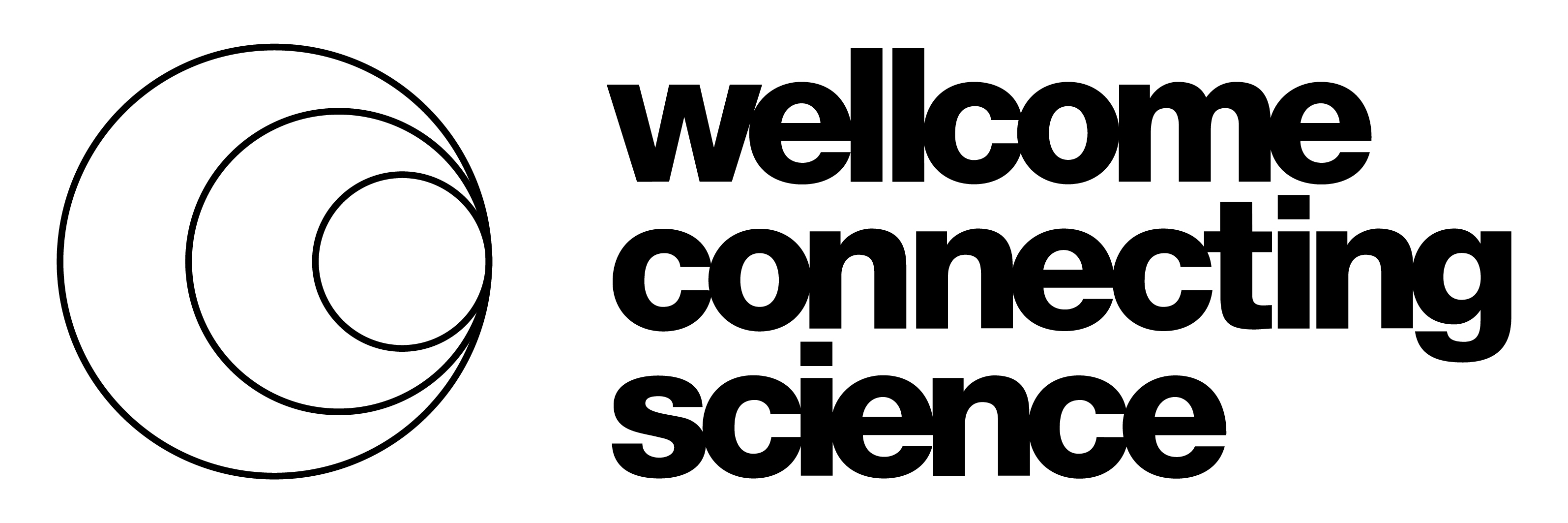Content
Week 1 - The journey of a sample
- Glossary
- The
testing pathway
- Comparing
different types of testing
- PCR
testing in the COVID-19 pandemic
- Sample
types for testing
- Walkthrough
of the sequencing process
- How
to avoid the pitfalls and get trustable results?
- Understanding
the different sources of samples for testing
- Importance
of taking an appropriate sample
- The
role of quality management
- High-throughput
testing during pandemic response
- Scaling up: implementation and how to overcome limitations
Week 2 - How to make data richer
- How
different countries tackled the pandemic: an example
- Introduction
to biobanking
- Walking
through a biobank
- What
is metadata?
- Types
of metadata
- Data
collection tools
- Public
databases benefit epidemiology
- Ensuring
sample/data consent and ownership
- Data
enrichment benefits to epidemiology
- Benefits
and challenges of integrating clinical data
- Practical
challenges: setting up a laboratory during lockdown
- De-centralising genomic surveillance
Week 3 - A sample without data is nothing
- Lessons
learnt: how to be prepared for the next pandemic
- Data
sharing in “peace” and “war” time
- Stakeholders
for data sharing and the importance to share
- Opportunities
for global collaboration in pathogen genomics
- Challenges
and limitations of data sharing
- Data
sharing best practices
- The
FAIR principles
- How
do FAIR principles apply in a public health emergency
- No
database is perfect: beware of errors in sequence databases
- How
to establish fruitful and fair collaboration: an example
- How
to promote data sharing
- Importance
of implementing local capacity
- Resources



